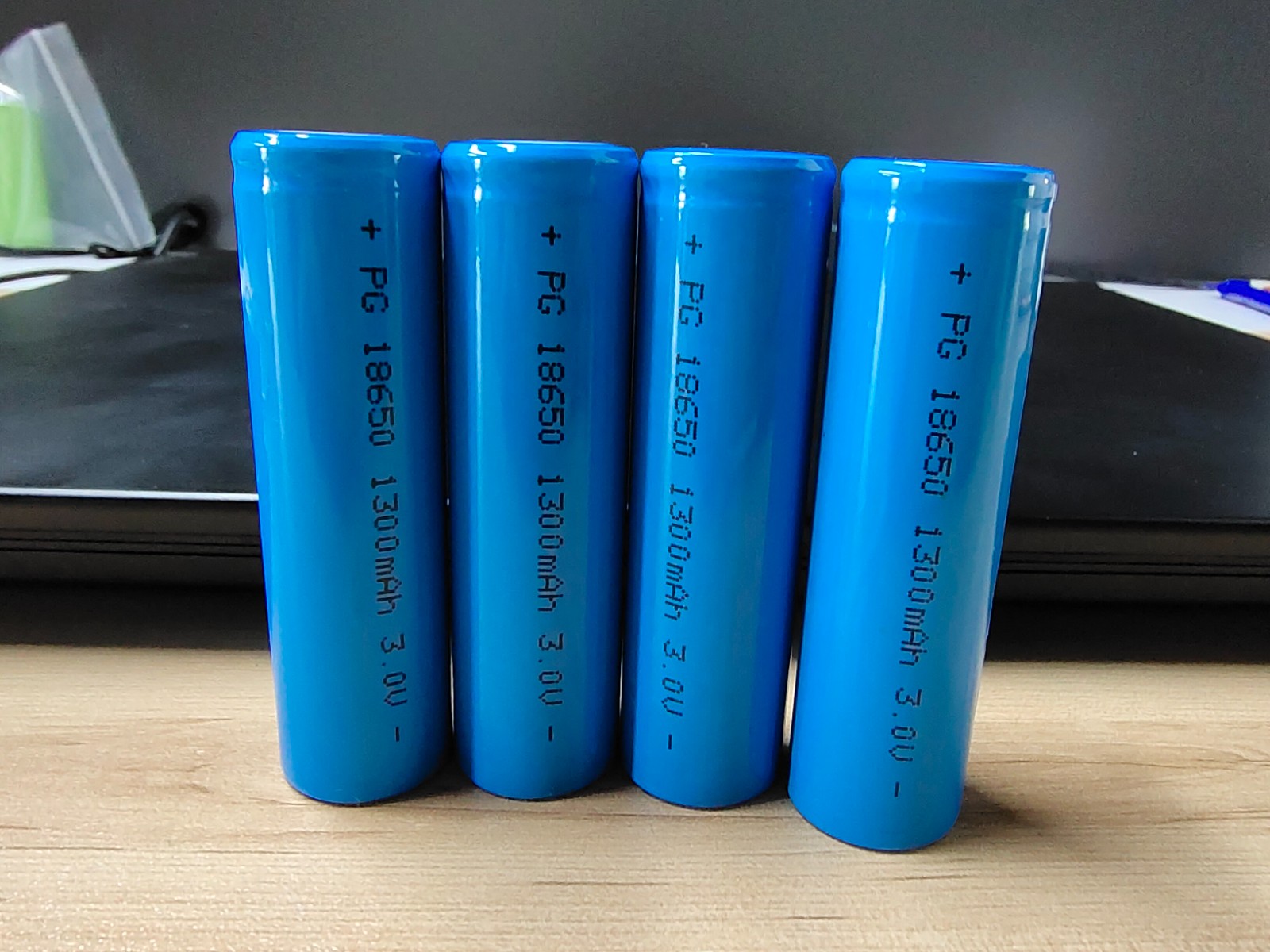The 18650 battery is a type of cylindrical lithium-ion (Li-ion) rechargeable battery commonly used for its high energy density and durability. Here's an overview of its key characteristics and applications:

Size:
Dimensions: 18 mm in diameter, 65 mm in length (hence the name 18650).
Voltage:
Nominal Voltage: Typically around 3.6V to 3.7V.
Fully Charged Voltage: Usually 4.2V.
Discharge Cut-off Voltage: Around 2.5V to 3.0V, depending on the cell.
Capacity:
Capacity Range: Varies between 1800 mAh to 3500 mAh for standard cells.
Energy Density: 18650 cells offer high energy density, making them ideal for compact applications.
Chemistry:
Lithium-ion Composition: The most common 18650 cells are lithium-ion, and they may have different chemistries:
LiCoO₂ (Lithium Cobalt Oxide): High energy density but lower safety.
LiFePO₄ (Lithium Iron Phosphate): Lower energy density but higher safety and longevity.
LiMn₂O₄ (Lithium Manganese Oxide): Balances safety, capacity, and performance.
Cycle Life:
A good quality 18650 battery can typically endure 300 to 500 charge cycles, with some cells designed for over 1000 cycles.
Discharge Rates:
Continuous Discharge Rate (CDR): Ranges from 5A to 30A depending on the cell’s design (e.g., high-drain cells used in power tools).
Temperature Range:
Typically operates between -20°C and 60°C, but performance is optimal in the 0°C to 45°C range.
Self-Discharge:
Li-ion batteries, including 18650 battery cells, have a low self-discharge rate, losing around 2-5% of their charge per month when not in use.
Protection Circuit:
Some 18650 battery cells come with a protection circuit to prevent overcharging, over-discharging, and short circuits.
Consumer Electronics:
Widely used in laptops, flashlights, vape devices, and digital cameras due to their compact size and high energy density.
Power Tools:
High-drain versions of 18650 cells are used in cordless power tools, such as drills, saws, and screwdrivers, because they can handle high discharge currents.
Electric Vehicles (EVs) and E-Bikes:
Many electric cars (like early models of Tesla vehicles) and e-bikes utilize packs of 18650 cells due to their energy storage capability and longevity.
Used in solar power storage and home energy storage systems because of their reliable cycle life and energy capacity.
Medical Devices:
They power various portable medical equipment like ventilators and defibrillators.
Battery Packs for Robotics and Drones:
Small robots, drones, and other robotics applications use 18650 cells because of their energy density and ability to handle varying power demands.
DIY Projects and Custom Battery Packs:
Popular among hobbyists for DIY power banks, custom battery packs for RC vehicles, or solar generators due to their availability and modular nature.
High Energy Density: Suitable for applications requiring long battery life.
Reusability and Rechargeability: Long lifespan with multiple charge cycles.
Compact Size: Ideal for portable applications.
Safety Concerns: Requires careful management of voltage and temperature to avoid risks like thermal runaway or fire.
Charging Requirements: Requires a proper charging circuit to ensure safe operation.
Let me know if you want more detailed information about specific types or applications!
Next:2300pcs EVE 304Ah LiFePO4 Battery shipped to Toronto, Canada
Previous:The world first giant zinc-ion battery factory has commenced operation.
Contact Person: Miss. Elsa Liu
| WhatsApp : | +8617763274209 |
|---|---|
| Skype : | +8617763274209 |
| WeChat : | 17763274209 |
| Email : | Elsa@lifepo4-battery.com |